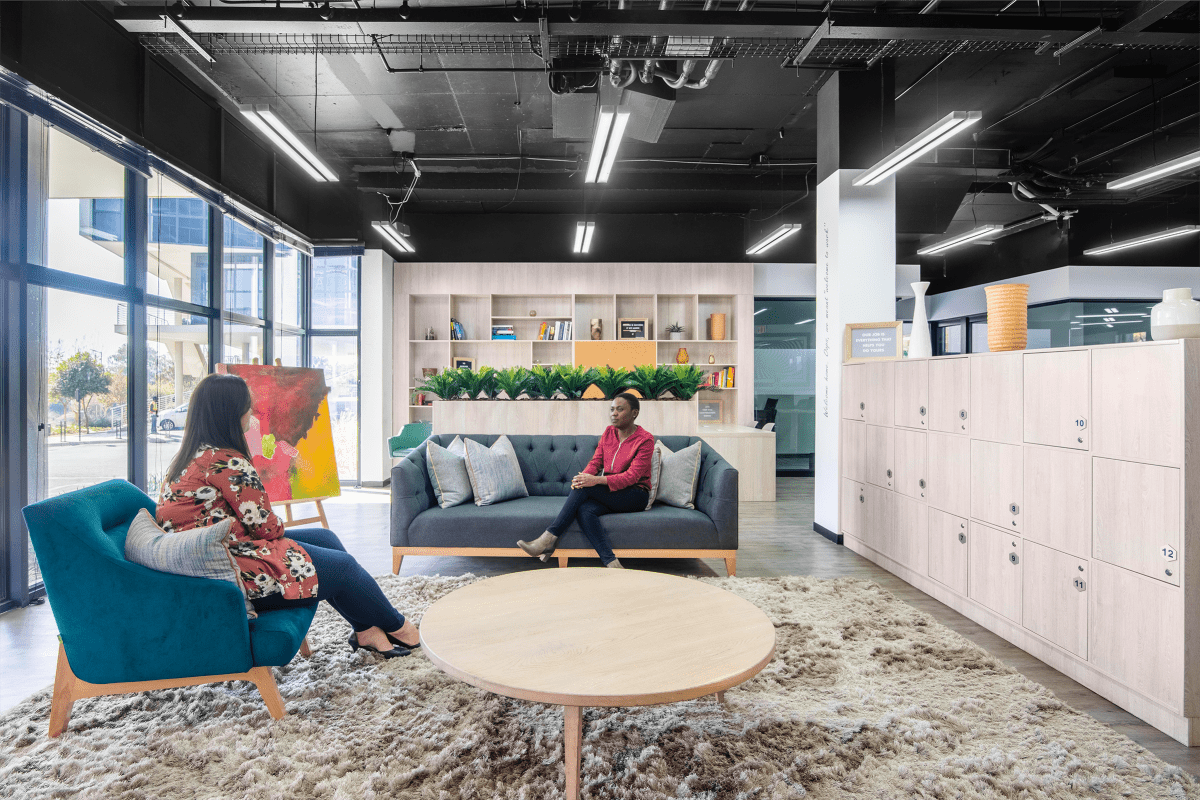IWG secures landmark deal with Japan’s NTT, offering access to its global workspace for the firm’s 300,000 employees
Since the pandemic, firms of all sizes are embracing a hybrid model which retains the office but allows employees to spend a portion of the week working remotely. Japanese telecommunications group NTT, Nippon Telegraph and Telephone Corporation, is the latest big business to follow the trend, signing a ground-breaking deal with IWG.
The deal will provide NTT’s 300,000 employees across its portfolio of companies and global network with access to IWG’s more than 3,300 workspaces globally. It follows a major agreement with financial services organisation, Standard Chartered, for 95,000 employees and reinforces IWG’s leadership position in the hybrid workspace industry.
Mark Dixon, IWG founder and Chief Executive Officer claims the deal reinforces the fact that office life will never return to how it was pre-Covid-19. He says: “One of the lasting legacies of the pandemic will be the ability to work in different ways, in different places and more companies will have distributed workforces empowering their teams to work closer to or from home.”
It’s not hard to see why hybrid working is proving so popular with companies looking towards a post-Covid-19 future. A survey in May showed that 55% of US workers want a mixture of home and office working, while in the UK, employers expect the proportion of regular home workers to double, from 18% pre-pandemic to 37% post-pandemic.
High employee demand for hybrid working means 74% of firms are now planning on maintaining the increase in home working. And it’s not just staff who benefit - a study reported by EY shows that companies can save about $11,000 for each employee that works in a hybrid manner.
“Employees have realised that they have been wasting an hour or two commuting to an office that they don’t need to be in, whilst businesses have realised that a hybrid model not only means happier and more engaged employees, but also a significant saving for the bottom line,” adds Dixon.
The benefits of hybrid working go beyond the employee experience and cutting costs for the business. It can also help companies become more sustainable - by allowing staff to spend more time working from home, they can reduce the carbon footprint made by commuting and ease congestion on global cities’ traffic clogged roads.
As Mark Laneve, CEO NTT Global Sourcing, comments: “At NTT, we see the many advantages of partnering with IWG to support our 300,000 employees and empowering them in new ways of working. These will not only reduce commute times, but lower travel costs and provide a safe and convenient location for our people.”
IWG has been helping businesses like yours with corporate flexspace solutions for the last 30 years. Find out how we can support you today






